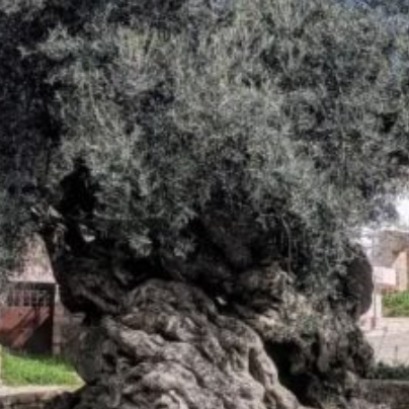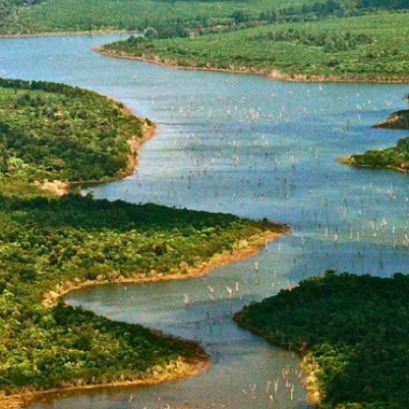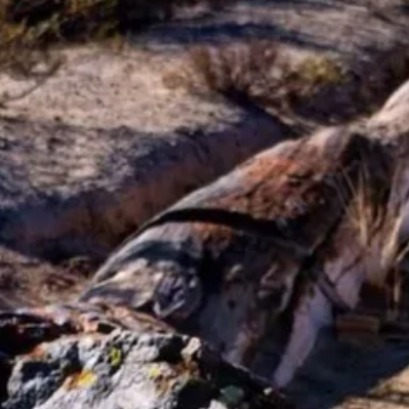
Hasta 13 millones de hectáreas de bosques desaparecen cada año por la acción del hombre
Naciones Unidas llamó este lunes a priorizar la protección y la administración sustentable de los bosques para las generaciones actuales y futuras.
Al dar apertura al Foro sobre los Bosques, que se celebra del 1 al 5 de mayo en Nueva York, el presidente de la Asamblea General de la ONU, Peter Thomson, resaltó el papel fundamental que desempeñan esos ecosistemas para la supervivencia de la humanidad.
Los bosques son el hogar del 80% de las especies de plantas, animales e insectos de la Tierra. Además, regulan el clima, previenen la degradación ambiental y reducen los riesgos de desastres naturales.
También, se estima que 1.600 millones de personas, el 25% de la población global, depende de este recursos para obtener alimentos, como medios de subsistencia y fuente de energía.
No obstante, dijo Thomson décadas de prácticas degradables han destruido enormes cantidades de bosques.
"En la actualidad, 13 millones de hectáreas se pierden cada año. Las razones de la deforestación son múltiples y en su mayoría propiciadas por las actividades humanas", lamentó el alto diplomático.
Estas actividades incluyen el crecimiento de la población, el ritmo de consumo y la enorme demanda por tierras agrícolas, así como la expansión de centros urbanos en sitios boscosos.
Peter Thomson animó a los Estados a implementar un reciente Plan Estratégico de la ONU que promueve el manejo sustentable de estos recursos, para detener la deforestación y la degradación de los bosques, al tiempo de fortalecer la cooperación internacional.

IT MAY INTEREST YOU
 Experts cant believe it, but this tree is the oldest in the world and continues to bear fruit: it is 4,000 years old.
Experts cant believe it, but this tree is the oldest in the world and continues to bear fruit: it is 4,000 years old.
Nature keeps secrets that defy the passage of time, and one of the most surprising examples is a tree that, approximately 4,000 years old, continues to bear fruit today. This specimen has become a symbol of resistance and longevity, capable of surviving climate changes, landscape transformations and human activity itself.
 The second largest wetland in South America is located in Argentina: what is it?
The second largest wetland in South America is located in Argentina: what is it?
Argentina has national parks that place it in a unique position within South America, competing with 300 others. Which is the largest? South America is home to more than 300 national parks, but many go unnoticed. There are extensive wetlands that have been the subject of major ecological restoration projects, to coastal mountains with deep indigenous heritage. Today we tell you the case of one located in Argentina.
 The forest of the oldest shadows: the story of the petrified trees
The forest of the oldest shadows: the story of the petrified trees
One of the natural treasures of Río Negro turns 23 years old under the protection law that allows its conservation. Where it is and how it was formed. Río Negro celebrates 23 years of conservation in the petrified forest as a Protected Natural Area (ANP). It is a space of 625 hectares that protects an exceptional site of fossil trunks that date back more than 60 million years.





















